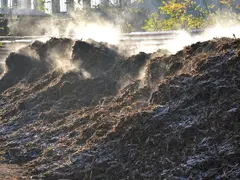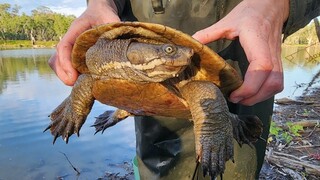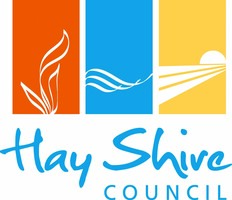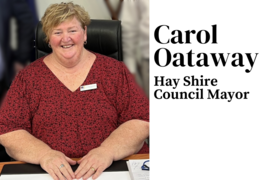Keep your kids safe online these school holidays
Kimberly Grabham
08 December 2024, 7:00 PM
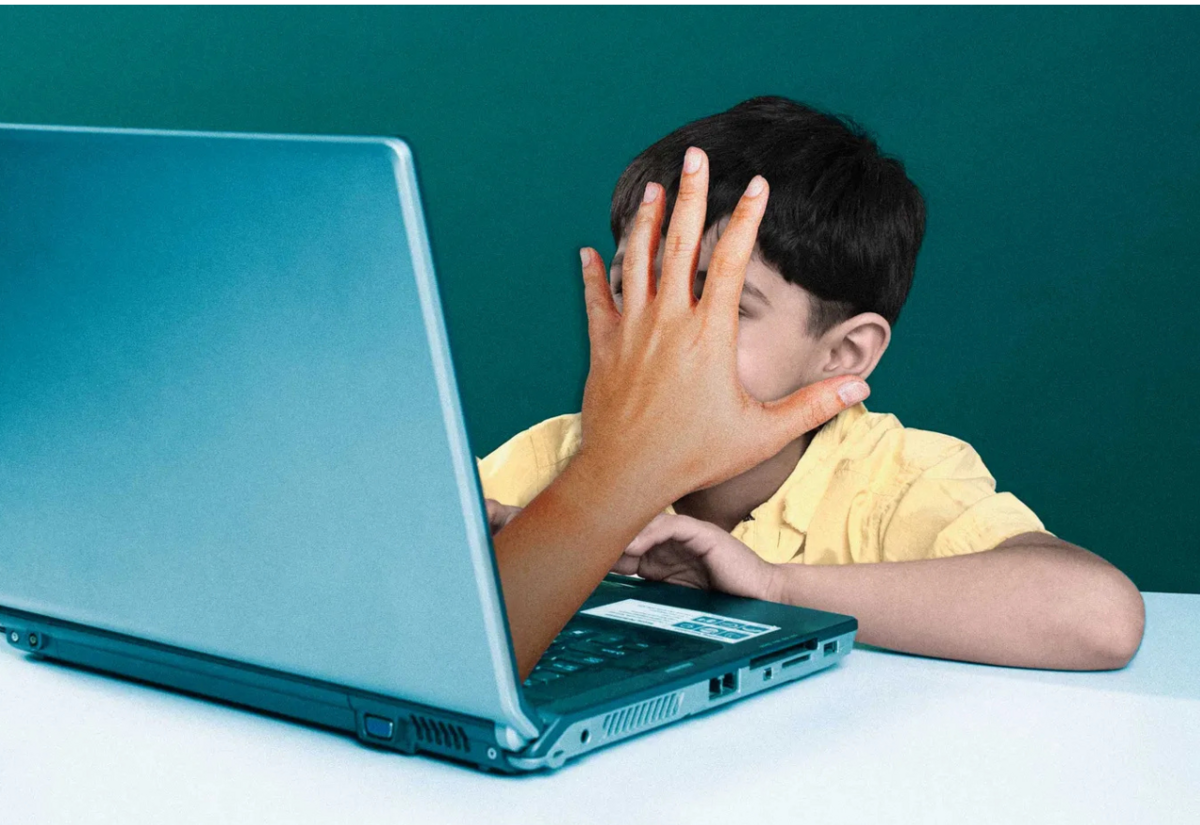
It's almost school holidays, which means kids will have more free time… and probably spend a lot of that time online!
While the internet is a valuable tool for education and socializing, it's important to be aware of the dangers too.23 Just like in the real world, there are safe places and places you need to supervise your kids.
That's why various organizations like Crime Stoppers, NSW Police Force, eSafety Commissioner, and the Australian Centre to Counter Child Exploitation (ACCCE) have teamed up to provide resources for parents, carers, and educators to help kids stay safe online.
You might be surprised to learn that 84 per cent of Australian children aged 8-12 are already using social media and messaging apps.
That's why it's never too early to start talking to your kids about online safety.
Think of it like teaching them to ride a bike – you wouldn't let them ride off without a helmet and some basic skills!
So, what are some of the dangers kids face online?
The sources highlight a few key challenges:
Exposure to harmful content: This could include violent or sexually explicit material.
- Inappropriate contact: Kids may receive unwanted messages or be contacted by adults posing as children.
- Online grooming: Predators may build relationships with children online with the intention of exploiting them.
- Sextortion: This involves tricking children into sending explicit images and then blackmailing them.
The sources provide several real-life examples of these dangers.
In one case, a 13-year-old girl was manipulated into performing sexual acts on camera while chatting with someone she met in an online game.
Another case involved a 15-year-old boy who was tricked into sending explicit images and then blackmailed for money.
It's important to remember that any child can be a target, regardless of their background.
Offenders often target children who are alone online and may not have the knowledge or maturity to understand the risks.
But don't panic! There are plenty of things you can do to help keep your kids safe online. Here are a few tips from the sources:
- Be open and supportive: Let your child know they can come to you if anything goes wrong online, without fear of getting in trouble.
- Talk about online safety: Have regular conversations with your kids about the potential dangers and how to stay safe. Resources like conversation cards translated into different languages can be helpful.5
- Be present: Encourage your kids to use devices in open areas of the home where you can keep an eye on their activity.
- Set boundaries: Use privacy settings and parental controls to monitor content and limit access to devices.
- Teach them how to spot red flags: Suspicious accounts, personal questions from strangers, and requests for sexualized chat are all warning signs.
- What if something does happen? The sources emphasize the importance of reporting any incidents of online child exploitation. Here are the steps to take:
- Collect evidence: Take screenshots or photos of the conversation and record any relevant details like usernames and URLs.
- Block the user: Prevent further contact on the platform where it occurred.
- Report it: Contact the Australian Centre to Counter Child Exploitation (ACCCE) as soon as possible.
Remember, no information is too small.
Even seemingly insignificant details could be crucial to a police investigation.
The sources provide a wealth of resources to help parents and carers keep kids safe online, including the Child Online Safety Fact Sheet, which offers guidance on recognizing warning signs, protecting children, and reporting online child exploitation.
Ultimately, keeping kids safe online is a shared responsibility.
Parents, carers, educators, and law enforcement agencies all have a role to play in creating a safer online environment for children.
By working together and staying informed, we can help kids enjoy the benefits of the internet while minimizing the risks.
NEWS
SPORT
COMMUNITY
HEALTH & BEAUTY
JOBS
VISIT HAY
VISIT BALRANALD
VISIT OUTBACK NSW
LOCAL WEATHER

